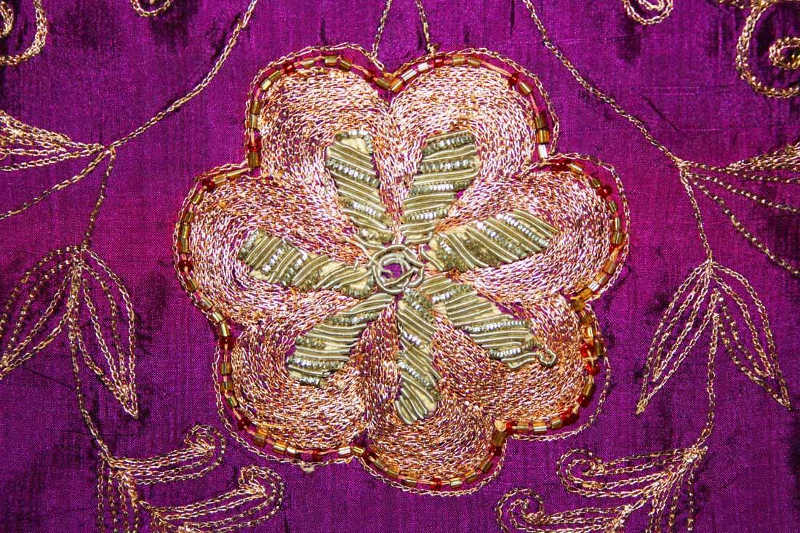===
0736,
8
===

=== |
 |
talāt̤um : 'Buffeting, dashing (particularly of waves)'. (Platts p.333)
FWP:
SETS == GROTESQUERIE
MOTIFS == EYES
NAMES
TERMSThe image of the eye as suddenly overflowing, so that a river of blood gushes out from it, is really not very appealing.
Note for grammar fans: In this case the 'always' construction, chaṛhā karnā , 'to always rise up', seems contradictory to 'from time to time' [kabhū kabhū]. But perhaps the effect is meant to emphasize the insistent strength of the rising up, or to reflect the confusion in the speaker's heart and mind.